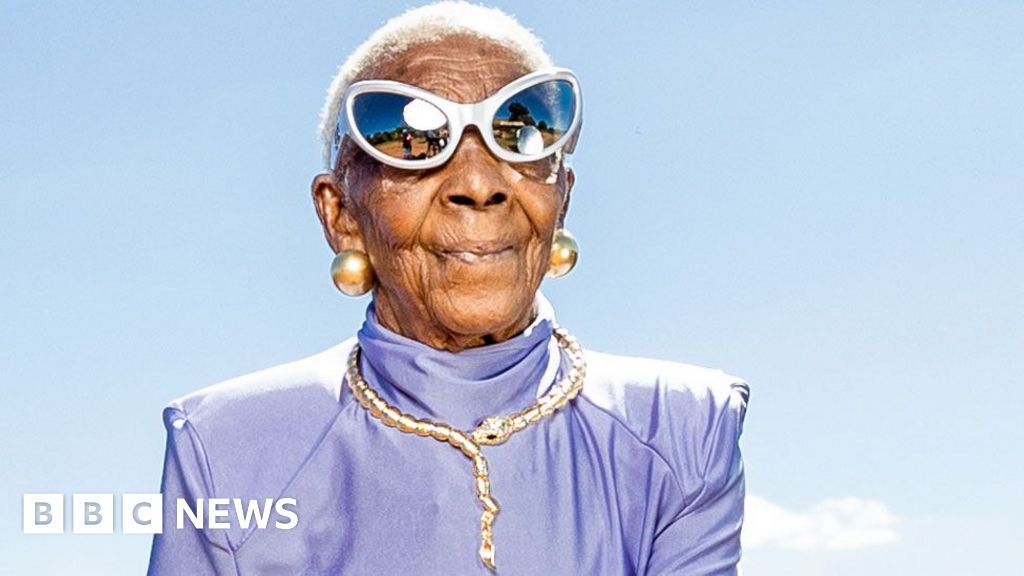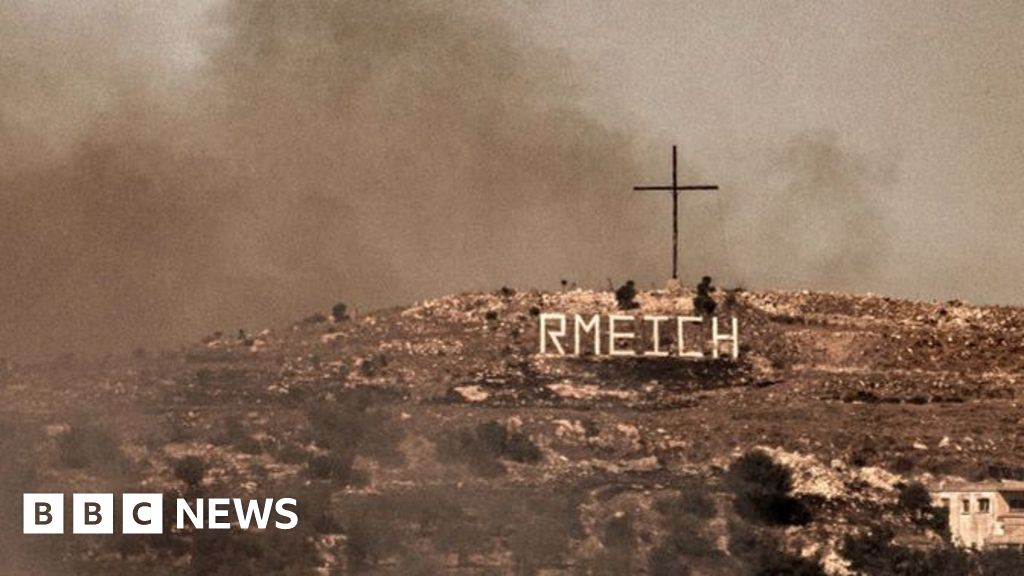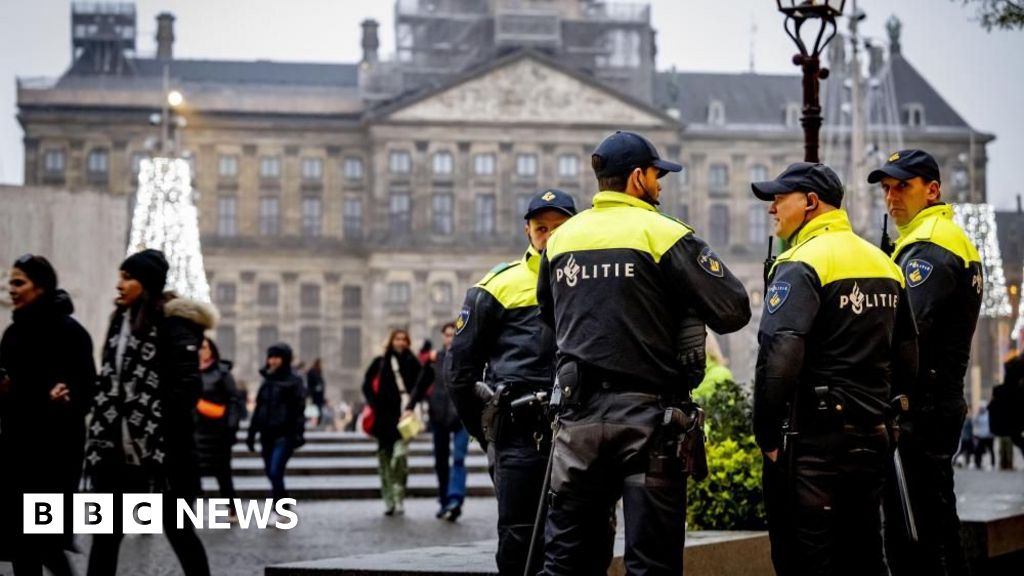ARTICLE AD BOX
Image source, Kate Stanworth
In our series of letters from freelance African journalists, Ismail Einashe looks at how African migrants are helping each other on the Italian island of Sicily.
One morning in the historic heart of Palermo, the capital city of Sicily, a group of Nigerian women are frantically preparing to open a food bank for African migrant families.
It is organised monthly by Osas Egbon to assist those unable to feed themselves because of the Covid-19 pandemic.
The initiative is part of work undertaken by the Women of Benin City, a group Ms Egbon founded in 2015 with other women who were victims of trafficking to Italy.
Many of them come from Nigeria's Edo state, the capital of which is Benin City, and were forced to be sex workers to pay back their traffickers.
A local charity has given the food bank the free use of two small rooms in the Spazio Montevergine community centre.
Image source, Kate Stanworth
Image caption,Osas Egbon (L) is regarded as a mother figure by many of the migrants
Outside, a group of largely Nigerian women queue patiently for it to open. There is an atmosphere of conviviality and expectation.
Some have turned up with trolleys, shopping bags and buggies to fill up with supplies.
As they wait, some play with their phones while others chat away in a mix of Italian, English and Edo.
A four-year-old girl walks into the centre and calls Ms Egbon "mamma", while her mother waits outside.
Image source, Kate Stanworth
Image caption,This women leaves with several bags full of essential supplies for the next month
"I am everyone's mother," says Ms Egbon, who is 40 years old and has lived in Sicily for 19 years.
The women are then signed in one at a time into the centre. Inside, Ms Egbon directs operations alongside her volunteers who also include some Italians.
They are busy putting the final items in the food parcels they prepared the previous day.
Risotto rice tips
Ms Egbon says that each month they tend to get up to 40 families at the food bank.
All of them depend on these vital parcels, which each includes essential items such as oil, pasta, rice and tinned foods such as beef and tomatoes.
Image source, Kate Stanworth
Image caption,Osas Egbon writes out a sign to show what items are in the food parcels that month
Donations in one of the rooms also include Italian staples such as parmesan cheese and prosciutto ham.
But Ms Egbon concedes that these items are not as popular given a lack of familiarity with these ingredients.
People cannot request what they want, though they can swap some items for others if there are things they will not use.
At one point a Nigerian woman asks what she is meant to do with the risotto rice she has been given.
An Italian volunteer animatedly launches into suggestions.
Image source, Kate Stanworth
Image caption,The volunteers use two rooms at a community centre to store, sort and distribute the donations
Those who receive these much-needed donations include a young mother who was trafficked from her home in Nigeria to work in forced prostitution in Italy.
She managed to pay off her traffickers - which can involve a sum of about $35,000 (£27,000) - not long after arriving and meeting her partner here.
Like many African migrants in Palermo, he relies on informal work which comes and goes, often not providing enough income to get them through the month.
The little income they have does not allow them to properly feed their young daughter so they have been forced to turn to the food bank.
No social security
But demand has surged since then as many people have lost their jobs and sources of income.
As a result, families have been forced further into extreme poverty. Many are undocumented and cannot access any support in Italy.
Image source, Kate Stanworth
Image caption,Osas Egbon (L) and her volunteers ask for donations from churches and local businesses
About 33% of the 187,000 foreigners registered in Sicily two years ago were from Africa - but there are many thousands more who are unofficial and living in Palermo, which has a population of about 1.3 million.
The food bank is run on a voluntary basis - and Ms Egbon uses her contacts in Palermo with churches and local businesses to collect what she can and pulls in favours wherever she is able.
Though Ms Egbon's organisation does get some support from Banco Alimentare, a large Italian foodbank that helps her source some of the items.
As the morning draws to a close a non-food donation is dropped off - a pushchair. Ms Egbon tells me she has in mind a family which needs it.
When the last women leave, the volunteers start packing up for the day - with Ms Egbon already busy discussing with them how to get supplies for the next month's food bank. The search for food begins.
More Letters from Africa:
Follow us on Twitter @BBCAfrica, on Facebook at BBC Africa or on Instagram at bbcafrica

 3 years ago
80
3 years ago
80








 English (US)
English (US)